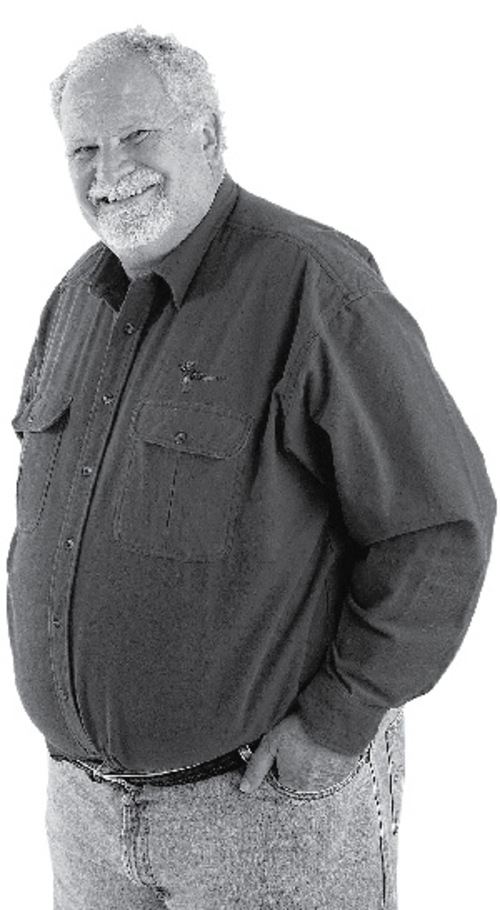This is an archived article that was published on sltrib.com in 2014, and information in the article may be outdated. It is provided only for personal research purposes and may not be reprinted.
As a University of Utah graduate, I greeted the recent decision of the Ute Indian tribe to allow the use of the Ute nickname for another five years with decidedly mixed emotions.
Utah moved from the more offensive racist Redskins moniker in the early 1970s to Utes. My guess is that the university will eventually be forced to come up with a new nickname.
So, what about the Utah high schools that still stereotype Native Americans with their mascots?
There are at least four.
The most blatantly racist is the Cedar City Redmen. The Tribune won't use Redskins or Redmen in any context other than this.
According to Cedar City High School's website, the school's 1943 student council led by president Jay Thorley adopted the name "Redman" as a way of "representing the many Native Americans who lived and continued to live in this area. The name was originally chosen for the athletic teams but over time represented the entire student body. The mascot, an Indian head, has changed throughout the history of CHS, but has always been true to its roots. CHS students are expected to be proud to be a Redman. The mascot reminds all of us of the pride, nobility and hard work it takes to achieve success."
You have to wonder what the just over 2 percent of the student population at Cedar High who are Native Americans think of the nickname.
In fairness to Cedar City High, U.S. News and World Report just named it the top non-charter high school in Utah. One of the criteria is the effectiveness of how minority students are educated. So, obviously, administrators are doing something correct there. Still, that is a horribly racist nickname.
Then there are the Bountiful and North Summit Braves.
Bountiful uses more than a few Native American stereotypes and images. I attended a football game at the school last year and observed students wearing "war paint" on their faces and feathers on their heads. Administrators used the word "tribe" to promote school spirit. The school's website features a spear-carrying Native American on a horse overlooking a Western scene.
Looking at the North Summit website, I discovered that the Coalville school's online newspaper is called the "War Whoop." Really!
Probably the least offensive of the Utah Native American nicknames are the Escalante Moquis, Moqui being the name for ancient Hopi tribes.
So, are those of us who oppose names such as Redskin, Redman, Indian and Brave politically correct nags or are there real consequences to these stereotypical names?
According a report issued in October by the National Congress of American Indians, Native youths experience the highest rates of suicide among young people. The group cited studies saying that the negative stereotypes and harmful "Indian" sports mascots are known "to play a role in exacerbating racial inequality and perpetuating feelings of inadequacy."
Groups such as the American Psychological Association, the American Sociological Association and the NAACP have called for an end to Native American nicknames for sports teams. In the last 25 years, 28 high schools have dropped Redskins as a nickname.
It is long past time for Cedar City, Bountiful, North Summit and perhaps Escalante high schools to take a look at the racial stereotypes they are perpetuating and find new mascots.
Consider the words of Martin Luther King:
"Our nation was born in genocide when it embraced the doctrine that the original American, the Indian, was an inferior race. Even before there were large numbers of Negroes on our shores, the scar of racial hatred had already disfigured colonial society. From the 16th century forward, blood flowed in battles of racial supremacy. We are perhaps the only nation which tried as a matter of national policy to wipe out its indigenous population. Moreover, we elevated that tragic experience into a noble crusade. Indeed, even today, we have not permitted ourselves to reject or to feel remorse for this shameful episode. Our literature, our films, our drama, our folklore all exalt it."



